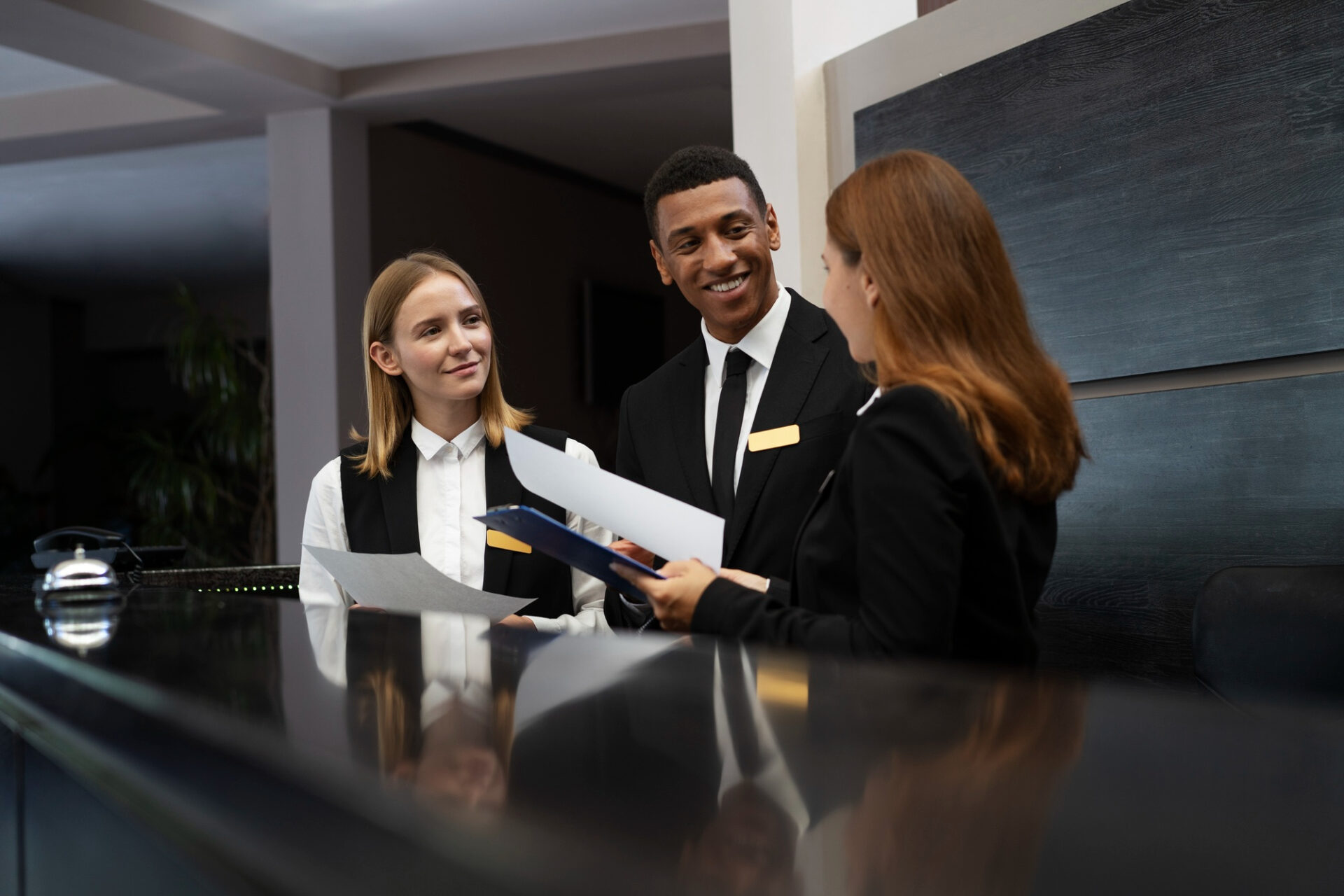The Role of Leadership in Shaping Company Culture in the Hospitality Industry
The extensive dynamics of the business environment and the focus on service as the significant value of the hospitality industry make the company culture one of the critical components of their success. Management significantly influences this culture, especially in the hotel and restaurant industry, as the leaders set the pace for the organisation. By demonstrating good leadership traits, speaking to employees, and making specific decisions, leaders can create an environment that fosters employee engagement and ultimately improves guests’ satisfaction. One of the resources that leaders can use in this process is Mapal’s culture suite, which offers systematic approaches towards positive organisational culture.
Setting the Tone Through Actions
In essence, the leaders in the hospitality industry have the responsibility to set the pace. Their behaviour plays a crucial role in creating a standard that workers should emulate. For example, a hotel manager who is always punctual, professional, and has a strong work ethic fosters these values among employees. Leaders lead by example, and in an industry where customer satisfaction is of the essence, executives who uphold the corporate culture pass it on to their teams.
Further, leaders must be physically present and available to interact with employees frequently. That not only boosts trust but also clears the image of a positive work culture in the company. An insight from a Deloitte study shows that 94% of executives and 88% of employees also consider it to be relevant for success and differentiation. To a large extent, incorporating the company’s values into practice can play a key role in the formation of the organisational culture by the heads.
Effective Communication as a Cultural Foundation
Effective communication is a feature of effective leadership within the hospitality industry. Leaders’ defined and comprehensible transmission of intent effectively conveys company vision, expectations, and ethical standards to employees. Through communication, leaders ensure that everyone in the organisation is heard and appreciated, thus enhancing the organisational culture.
Managers should create unrestricted lines of communication through which employees are encouraged to pass on their comments and recommendations. This inclusion not only fosters unity among the employees but also fosters employees’ accountability in the company’s reproductive duties. By so doing, the culture suite in Mapal can assist leaders in providing clear and concise communication to all employees to ensure they are informed of the organisation’s cultural goals.
Decision-Making and Its Cultural Impact
Another component directly tied to company culture is decision-making, a skill linked to leadership. Decisions in the hospitality industry tend to require swift decision-making. However, this cannot be done at the expense of diminishing the business’s culture. It means that any decision, from employment policies to how clients are engaged, must embrace the company’s values to create a corporate culture.
For instance, when a restaurant manager seeks to involve customer feedback in decision-making, this shows commitment towards service delivery and employee training. This approach helps to enhance guest satisfaction and affirms the culture of change and customer focus. According to Forbes, organisations possessing great culture have 72% higher employee engagement as employees are motivated by culturally appropriate decisions.
The Influence of Leadership on Employee Engagement
As discussed previously, engagement embodies organisational culture. Thus, leadership has a critical role to play. Employees will be more productive and loyal and strive to offer their best to the organisation, the spirit that is dear to every hospitality firm. To encourage employee engagement, leaders should appreciate their work, promote talent growth, and foster a positive work culture.
In addition, tools such as Mapal’s culture suite can assist leaders in tracking employee engagement and performance and ensuring that the company culture is effective, particularly regarding the prevailing market trends. In this case, leaders promote happy employees and cultivate an environment that helps them acquire, nurture, and retain excellent employees.
Final Words
In the hospitality industry, leadership is the glue that binds organisational culture together. Based on the attitudes, words, and decisions, managers can contribute to forming an organisational culture that positively affects employees’ satisfaction and guests. Additional tools such as Mapal’s culture suite can complement the existing efforts of a leader in creating a good working culture and, thus, a successful business. Therefore, the importance of leadership in forming company culture will continue to be an essential factor in determining the industry’s future success.








